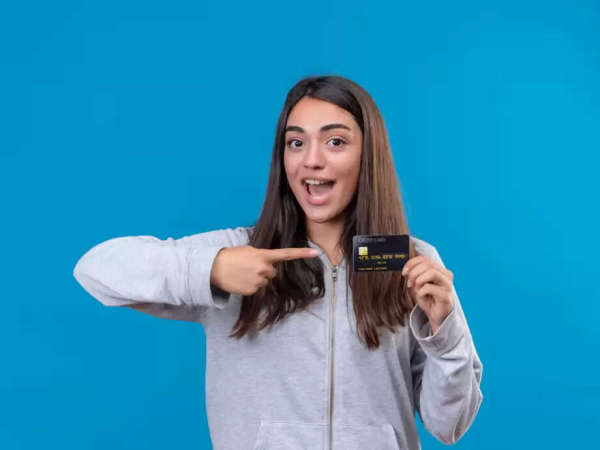

Nowadays, banks and fintech companies are promoting fixed deposit (FD) based credit cards. These cards are best for those who find it difficult to get a normal credit card. So if your income is low or your credit score is not good, you can still get a credit card through FD. Actually, these cards not only make your expenses easier, but also help in improving your credit score. So let's understand in simple language what these cards are, how they work, and what their benefits are.
What is an FD-based credit card?
FD FD-based credit card is a special type of credit card, which is given on the basis of your fixed deposit. In this, your FD remains with the bank as collateral. Actually, the bank gives a credit limit of up to 70-90% of the amount of your FD. For example, if you have an FD of Rs 1 lakh, then you can get a credit limit of Rs 70,000 to Rs 90,000; in this case, your FD remains intact, and you keep getting interest on it. This is very good for those who do not get a normal credit card due to a low credit score or low income.
How does this card work?
Let us tell you that FD FD-based credit card works just like a normal credit card. You can use it for online shopping, bill payment, or shopping in shops. But there is a difference in this - if you do not pay the credit card bill on time, then the bank can deduct money from your FD. Also, most FD cards do not provide a cash withdrawal facility, because banks want to keep the risk low. This card helps in managing your expenses and building a credit score.
Benefits of these cards
FD FD-based credit card has many benefits. The biggest advantage is that you do not need to earn a lot or have a good credit score to get it. Your FD works as collateral, so banks easily give you the card. Secondly, your FD keeps earning interest, which means there is no impact on your savings, and thirdly, if you pay the bill on time, your credit score improves, which makes it easier to get a loan or another credit card in the future. Apart from this, some banks also offer offers like cashback, discounts, and reward points.
Who can get this card?
Anyone who has a fixed deposit in the bank can get an FD-based credit card. However, in most banks, the minimum FD amount ranges from Rs 5,000 to Rs 15,000. This card is especially beneficial for those who are taking a credit card for the first time, such as students, people starting a new job, or those who have a low credit score. If you do business and want to track your expenses, then this card can also be good for you.
How to apply?
It is very easy to get an FD-based credit card. First of all, you have to open a fixed deposit account in the bank that offers this card. After this, go to the bank's website or branch and apply for a credit card. In this, you will have to provide some important documents like the Aadhaar card, the PAN card, and the FD information. Some banks also offer an online process, so that you can apply from home.
Precautions and Risks
Although it is easy to get this card, it is important to keep some things in mind. So if you do not pay the bill on time, the bank can deduct money from your FD, which can reduce your savings. Along with this, the interest rates on these cards can be 20% or more, which can be more than a normal credit card. Therefore, keep your expenses under control and pay the bill on time. That is, use this card wisely so that your credit score improves.
It is clear that FD FD-based credit card is a great option for those who want to get a credit card but their income or credit score is low. This card not only makes your expenses easy, but also gives interest on your savings and helps in improving your credit score. (Note: The news is based on general information)
Disclaimer: This content has been sourced and edited from Zee Business. While we have made modifications for clarity and presentation, the original content belongs to its respective authors and website. We do not claim ownership of the content.